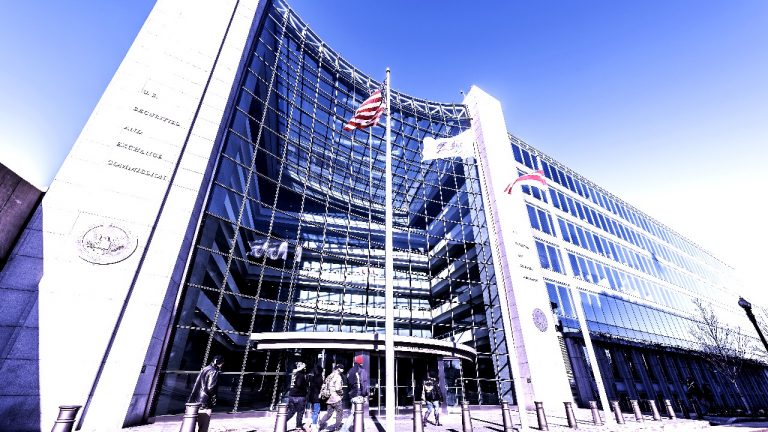
The US Securities and Exchange Commission (SEC) will enhance the regulatory framework for derivatives use by registered investment companies after passing a vote to either change or amend existing rules. As part of the new framework–which covers mutual funds, exchange-traded funds (ETFs), and closed-end funds–operators must undertake to implement a written derivatives risk management program.
A Modern Approach to Derivatives Regulation
The rule changes, which open the doors for more leveraged ETFs, will also permit a fund to enter into reverse repurchase agreements and similar financing transactions, as well as ‘unfunded commitments’ to make certain loans or investments, subject to conditions tailored to these transactions.
The Commission says the “new rule and rule amendments will provide a modernized, comprehensive approach to the regulation of these funds’ derivatives use that addresses investor protection concerns and reflects developments over the past decades.”
Meanwhile, in his comments following the announcement of the vote passage, SEC Chairman Jay Clayton talks of the importance of derivatives to funds. He says:
“Derivatives have come to play an important role for many funds in portfolio strategy and risk management, but the regulatory approach for derivatives use has been inconsistent and outdated.”
Consequently, Clayton says the action taken by the SEC will not only help funds to achieve their objectives but it will also “provide both meaningful protections for investors and regulatory certainty for funds and their advisers.” The enhanced framework is expected to stop derivatives use that is inconsistent with set limits. Clayton explains:
“Importantly, the new comprehensive limits on risk will prohibit derivatives use that is inconsistent with the leverage limits imposed by the Investment Company Act, but will allow virtually all funds to continue to serve their investors using the most efficient instruments. I thank the staff for their impressive work.”
Investor Protection a Key Priority for the SEC
According to the SEC, the Investment Company Act (in its current form) limits the ability of registered funds and business development companies to engage in transactions that involve potential future payment obligations, including obligations under derivatives such as forwards, futures, swaps and written options.
The new rule permits funds to enter into these transactions if they comply with certain conditions designed to protect investors.
Meanwhile, the SEC says “a streamlined set of requirements will apply for funds that use derivatives in a limited way.”
The rule and related rule and form amendments will become effective 60 days after publication in the Federal Register. The Commission has provided for an eighteen-month transition period for funds to comply with the rule and related reporting requirements.
What are your thoughts about the SEC rule change? Tell us what you think in the comments section below.
The post The SEC Votes to Modernize Regulatory Framework for Derivatives Use appeared first on Bitcoin News.
source https://news.bitcoin.com/the-sec-votes-to-modernize-regulatory-framework-for-derivatives-use/
Komentar
Posting Komentar